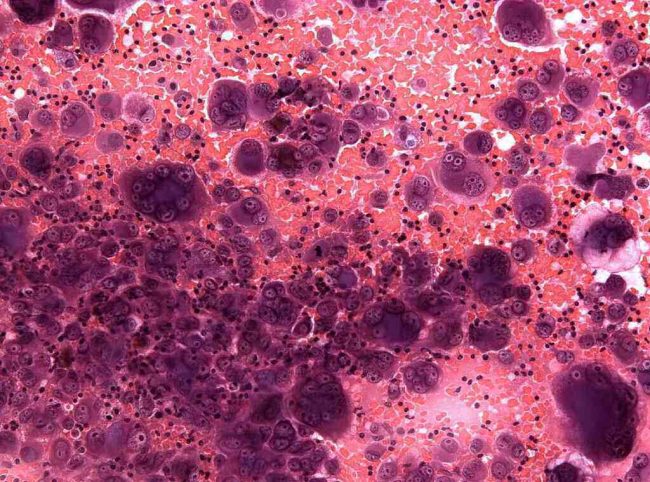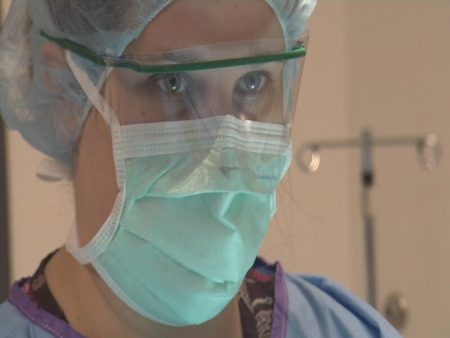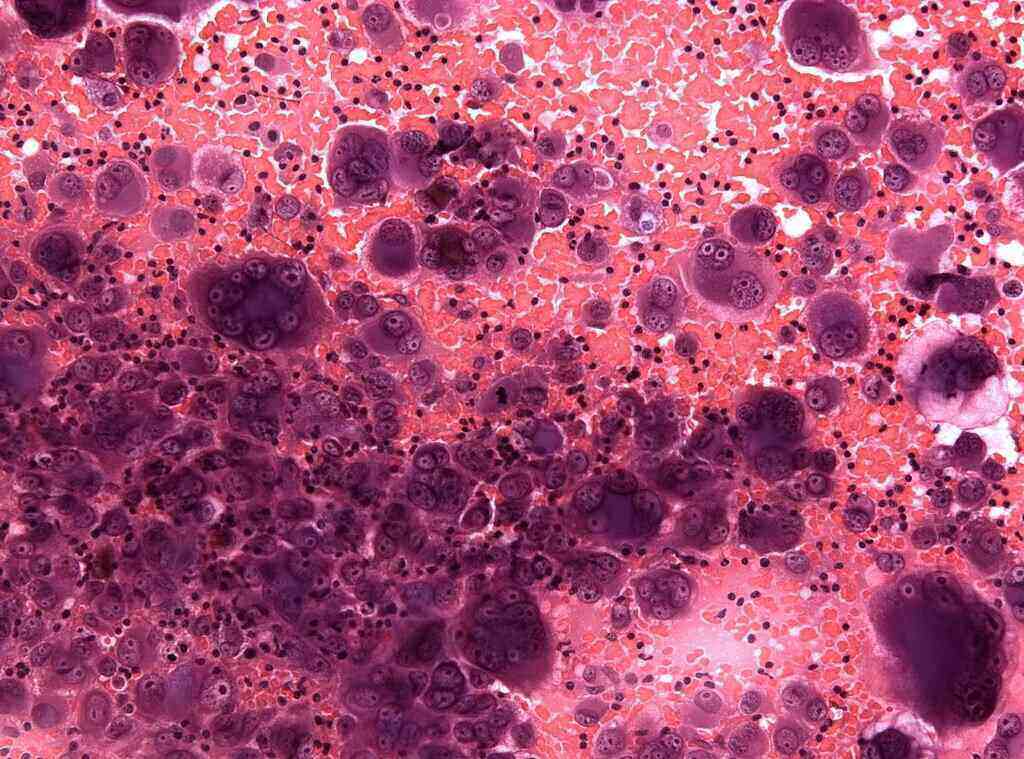|
Getting your Trinity Audio player ready...
|

A recent study published in the journal Science suggests that cancer patients may benefit from a fecal transplant. The study was published on Feb. 4, 2021. A fecal transplant is believed to assist the positive effects of immunotherapy.
Unfortunately, not all cancer patients respond to immunotherapy treatments. For instance, around 40 percent of patients with advanced skin cancer — melanoma — gain long-term benefits from immunotherapy.
Scientists believe they have been able to zero in on the likely suspect for this reason — microorganisms located in the stomach. It is believed that having the correct gut bugs can actually improve a patient’s response to immunotherapy. They may even be able to shrink tumors or stop the disease progression.
 To conduct the study, scientists collected stool from melanoma patients who responded to immunotherapy. They then transplanted the fecal matter into 15 patients who previously did not respond to the drugs.
To conduct the study, scientists collected stool from melanoma patients who responded to immunotherapy. They then transplanted the fecal matter into 15 patients who previously did not respond to the drugs.
Scientists found that six of those 15 patients miraculously responded to immunotherapy — for the first time ever. These six patients showed either tumor reduction or disease stabilization that lasted for more than a year.
The study’s author Dr. Hassane Zarour — a cancer immunologist and co-leader of the Cancer Immunology and Immunotherapy Program at the University of Pittsburgh Medical Center Hillman — stated “The microbes really appear to drive the immunological … changes we see in patients.”
Changes Seen in Cancer Patients Gut Microbes
Zarour’s team has linked the changes to the gut bugs in the patients who received the transplant. They further noted these changes also placed changes to both tumor growth and the immune system.
For example, some of the patients exhibited an increase in specific immune cells and antibodies that appeared in their blood. However, a fecal transplant may not help all patients whose cancer resists immunotherapy.
Zarour’s team has begun to sift through the possible differences between those who improved — after the transplant — and those who did not. They first thought of the idea during a study on mice with tumors.
Researchers noted that the rodents responded differently to immunotherapy based on the type of gut microbes they carried. They then began tweaking the gut microbiome in the mice. By doing this the scientists found they could improve the mice’s response to the drugs.
Scientists plan on continuing their studies on the matter. Their hopes are to one day be able to help all cancer patients whose bodies reject immunotherapy drugs.
Written by Sheena Robertson
Source:
Live Science: Cancer patients weren’t responding to therapy. Then they got a poop transplant.; by Nicoletta Lanese
Featured Images Courtesy Jensflorian’s Flickr Page – Creative Commons License
Inline Image wistechcolleges’ Flickr Page – Creative Commons License



